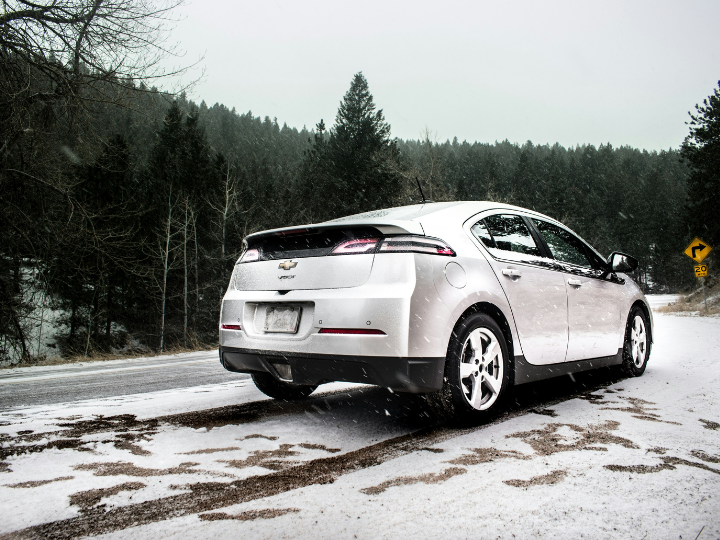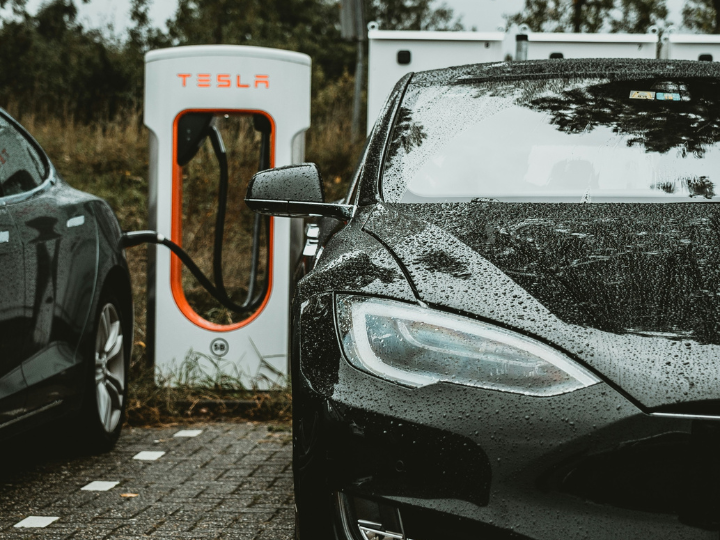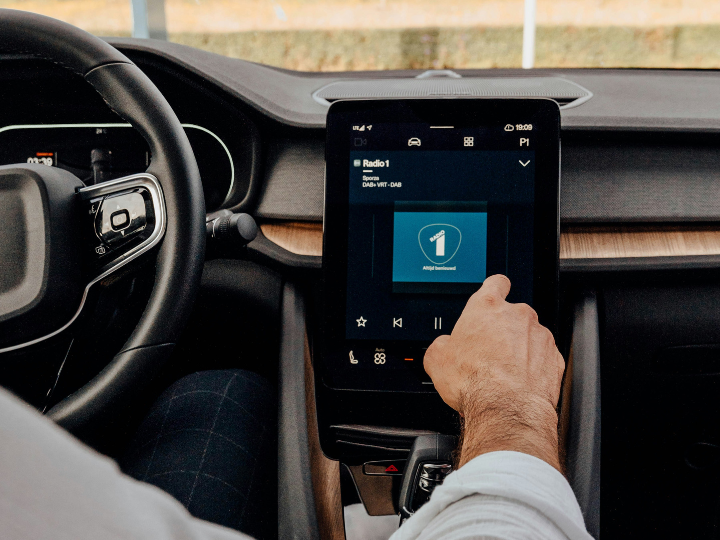As electric cars continue to gain popularity, many prospective buyers are curious about how these vehicles stack up against traditional gasoline cars, especially when it comes to insurance premiums. While electric vehicles (EVs) offer environmental benefits and potential fuel savings, their insurance costs can sometimes be higher. Let’s delve into the key factors that influence these costs and compare real data on insurance premiums for electric cars versus gasoline cars.
Factors Influencing Insurance Premiums
Several factors affect the cost of insurance for any vehicle, whether it’s electric or gasoline-powered. These include:
- Vehicle Value: Electric cars typically have a higher purchase price due to advanced technology and batteries, which can increase insurance premiums.
- Repair Costs: The specialized parts and skilled labor required to repair electric vehicles often lead to higher repair costs compared to gasoline cars.
- Safety Features: Both electric and gasoline cars are equipped with modern safety features, but the advanced tech in EVs can sometimes lower premiums due to improved safety ratings.
- Battery Risks: The large, expensive batteries in electric cars pose a unique risk. Issues like battery fires, although rare, can influence insurance costs.
- Theft Rates: Historically, electric cars have lower theft rates than some gasoline cars, which can favorably impact insurance premiums.
Comparing Insurance Costs
To provide a clearer picture, let’s look at some real data comparisons:
A study by NerdWallet in 2021 found that the average annual insurance premium for a Tesla Model 3, a popular electric car, was around $2,215. In contrast, a gasoline-powered Honda Accord had an average annual insurance premium of about $1,674. This indicates that insuring an electric car can be more expensive, but the gap varies based on the vehicle make, model, and other personal factors like driving history and location.
Similarly, data from the Insurance Information Institute indicates that while electric vehicles might have higher upfront insurance costs, some of this expense can be offset by lower maintenance and fuel costs over time, providing a more balanced financial outlook.
Take This Scenario
Consider Jane and John, both looking to buy new cars. Jane opts for a Chevrolet Bolt EV, while John chooses a comparable gasoline-powered Toyota Camry. Jane’s insurance premium is slightly higher due to the factors mentioned earlier, but she benefits from tax incentives, lower fuel costs, and reduced maintenance expenses. Over a five-year period, despite paying more for insurance, Jane might find her total ownership cost comparable or even lower than John’s, thanks to the operational savings of driving an electric vehicle.
Making the Right Choice
Choosing between an electric car and a gasoline car involves weighing various factors, including insurance costs. Prospective buyers should:
- Compare Insurance Quotes: Obtain quotes for both electric and gasoline vehicles to understand the premium differences.
- Consider Total Ownership Costs: Factor in potential savings from fuel, maintenance, and government incentives for EVs.
- Evaluate Personal Needs: Assess your driving habits, environmental values, and financial situation to make an informed decision.
_
The rise of electric vehicles introduces new dynamics in the automotive insurance market. While insurance premiums for EVs can be higher, the overall benefits, such as lower running costs and environmental impact, may make them a worthwhile investment.
For tailored advice and to find the best insurance coverage for your electric OR gas car, contact our team of pros today.
Source:
Featured image supplied by FreePik












